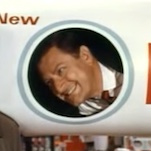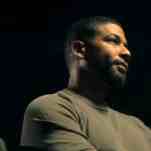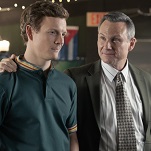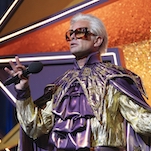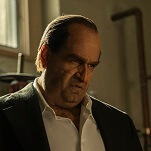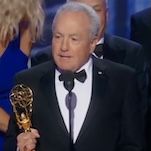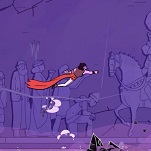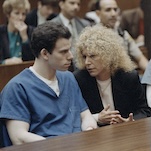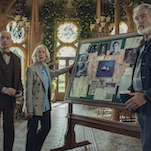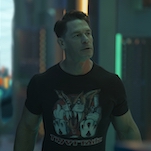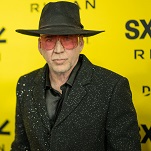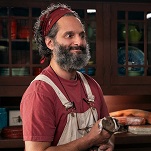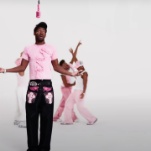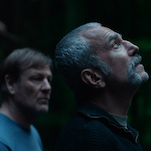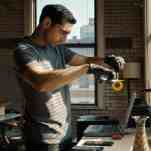Read this: Succession’s Jeremy Strong is very committed to Acting with a capital "A"
Succession’s Jeremy Strong apparently doesn’t know he’s on a comedy and other gems from his New Yorker profile
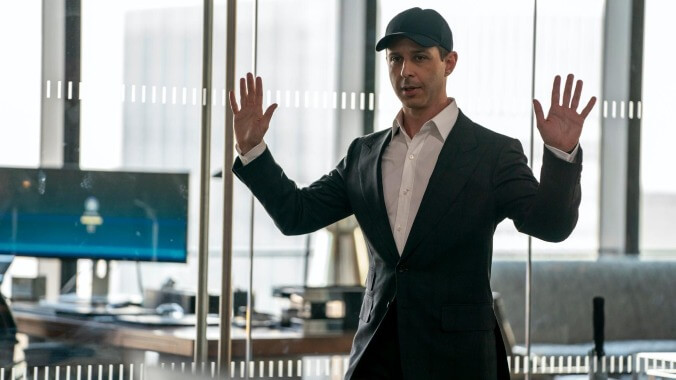
Sometime between Daniel Day-Lewis’ Oscar-winning turn as Daniel Plainview and Jared Leto sending his Suicide Squad co-stars condoms and dead rats, the general public lost their stomach for so-called method acting, a term so divorced from its original meaning that it basically became shorthand for “asshole on set.”
No one told Succession’s Jeremy Strong, though. No one is interested in stopping him either. According to a fascinating New Yorker profile on the 42-year-old actor, his inability to discern himself from his character is part of the show’s secret sauce.
For those who aren’t watching HBO’s hottest and most acclaimed show, Jeremy Strong plays Kendall Roy, the once-supposed-golden child of media tycoon and fascistic corporate chess master Logan Roy (Brian Cox). Succession is a comedy despite the pervasive cruelty and complete disregard for humanity. In some ways, it plays like other cringe comedies on the premium network, like Curb Your Enthusiasm or Vice Principals, using the free rein of HBO to explore the depths of depravity cringe will allow. But Succession hits the humiliation button so hard that it’s sometimes hard to tell where to laugh (particularly last night’s episode, in which one text message makes Larry David’s infractions appear almost saintly).
Unlike his coworkers, Strong doesn’t see Succession as a comedy, and it’s helped bring his performance and the show to new heights. “That’s exactly why we cast Jeremy in that role,” Succession executive producer Adam McKay said. “Because he’s not playing it like a comedy. He’s playing it like he’s Hamlet.” Others aren’t so sure, though. Some cast members wonder if Strong even knows he’s on a comedy. Kiernan Culkin told New Yorker writer Michael Schulman, “After the first season, he said something to me like, ‘I’m worried that people might think that the show is a comedy.’ And I said, ‘I think the show is a comedy.’ He thought I was kidding.”






